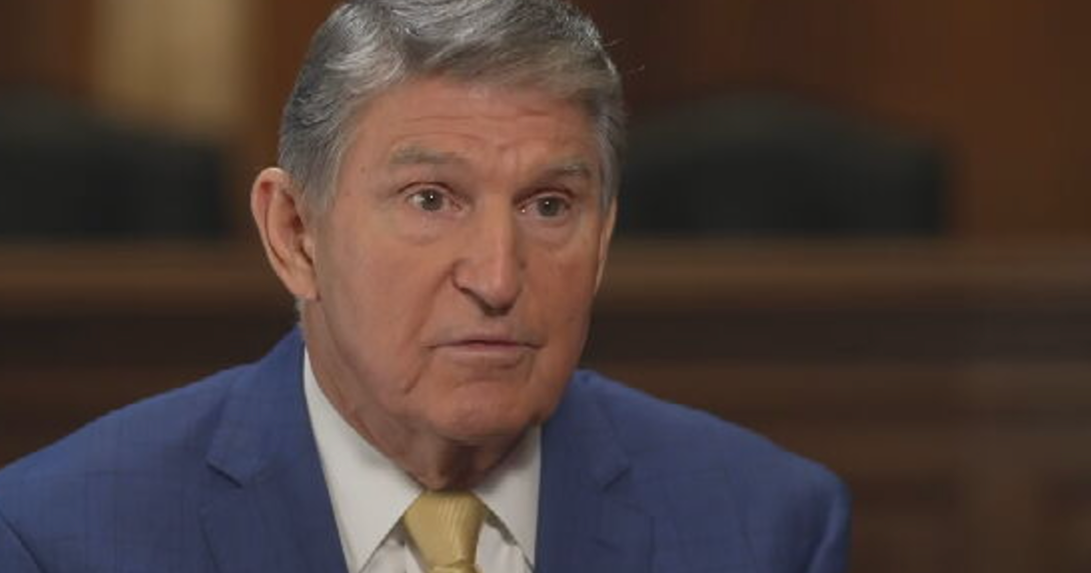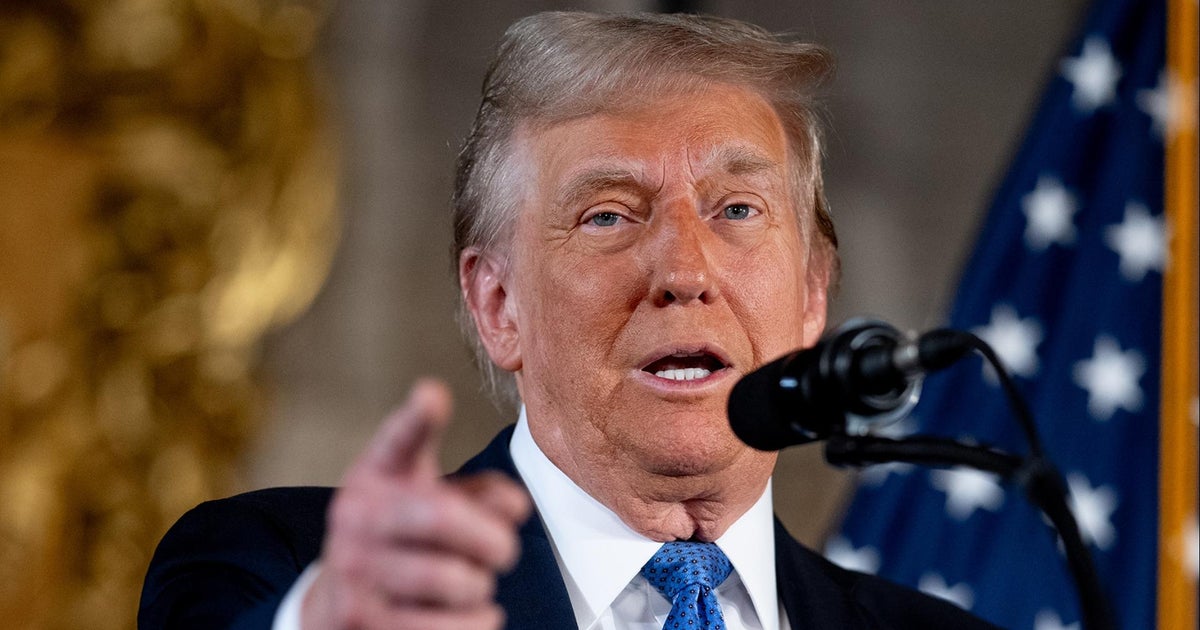House Republicans defend Trump in 110-page report on impeachment inquiry
Washington — House Republicans have released a report detailing their conclusions from the initial stages of the impeachment investigation, issuing a staunch defense of President Trump's dealings with Ukraine and accusing Democrats of conducting "an orchestrated campaign to upend our political system."
The 110-page report, written by Republican staffers on the House Intelligence, Foreign Affairs and Oversight Committees and obtained earlier Monday by CBS News, is meant to supplement the Democrats' report on their findings. Both reports will ultimately be sent to the Judiciary Committee, which is set to begin holding its own hearings this week.
The Republicans' report argues that the evidence collected over nearly two months of private and public testimony does not support the allegations at the center of the impeachment inquiry, which they portray as an attempt to overturn the results of the 2016 campaign.
"The Democrats' impeachment inquiry is not the organic outgrowth of serious misconduct; it is an orchestrated campaign to upend our political system," it says. "The Democrats are trying to impeach a duly elected President based on the accusations and assumptions of unelected bureaucrats who disagreed with President Trump's policy initiatives and processes."
The delay in military aid
The report argues the president did nothing improper by withholding $391 million in military aid to Ukraine, and did not exert pressure on Ukrainian President Volodymyr Zelensky to investigate Joe and Hunter Biden, who had worked for the Ukrainian energy company Burisma. The Republicans say the president's decision to withhold the aid was the result of skepticism over Ukraine's commitment to combating corruption.
"The evidence shows that President Trump holds a deepseated, genuine, and reasonable skepticism of Ukraine due to its history of pervasive corruption," the report says. "Understood in this proper context, the President's initial hesitation to meet with President Zelensky or to provide U.S. taxpayer-funded security assistance to Ukraine without thoughtful review is entirely prudent."
But the report also asserts that the Ukrainians did not know about the delay in military aid until late August, when reports about the hold first emerged in the press.
"Although U.S. security assistance was temporarily paused, the U.S. government did not convey the pause to the Ukrainians because U.S. officials believed the pause would get worked out and, if publicized, may be mischaracterized as a shift in U.S. policy towards Ukraine," the report says. "U.S. officials said that the Ukrainian government in Kyiv never knew the aid was delayed until reading about it in the U.S. media."
Laura Cooper, a Pentagon official responsible for overseeing the Defense Department's portion of the aid package, testified that officials from the Ukrainian embassy were asking about the military aid weeks before it emerged publicly. The Republicans, however, say her testimony did not establish that senior Ukrainian officials knew about the delay before it was reported.
"Although this evidence suggests that Ukrainian officials in Washington were vaguely aware of an issue with the security assistance before August 28, the evidence does not show that the senior leadership of Ukrainian government in Kyiv was aware of the pause until late August," the report says.
The Republicans say the aid was released after "President Zelensky took decisive action demonstrating his commitment" to implementing reforms and fighting corruption.
"President Trump then released security assistance to Ukraine and met with President Zelensky in September 2019 — all without Ukraine taking any action to investigate President Trump's political rival," it says.
However, one U.S. official testified publicly that Zelensky was prepared to announce the investigations in an interview in early September, before the aid was released. Bill Taylor, the top U.S. ambassador in Ukraine, told lawmakers Zelensky's staff "was making plans" to announce the probes when the hold was lifted.
Investigations into 2016 and the Bidens
The Republican report closely echoes the president's own defense of his actions, namely that there was no "quid pro quo" with Ukraine and his July 25 call with Zelensky was entirely above board. The Republicans rely heavily on the White House summary of the call, in which Mr. Trump encouraged the Ukrainian leader to cooperate with a Justice Department probe into supposed Ukrainian interference in the 2016 campaign and Burisma, the company that employed Hunter Biden.
While arguing that the president did not pressure Zelensky to open the investigations, the Republicans also assert that doing so would not be improper.
"There is also nothing wrong with asking serious questions about the presence of Vice President Biden's son, Hunter Biden, on the board of directors of Burisma, a corrupt Ukrainian company, or about Ukraine's attempts to influence the 2016 presidential election," the report says.
"Publicly available — and irrefutable — evidence shows how senior Ukrainian government officials sought to influence the 2016 U.S. presidential election in opposition to President Trump's candidacy, and that some in the Ukrainian embassy in Washington worked with a Democrat operative to achieve that goal," it continues. "While Democrats reflexively dismiss these truths as conspiracy theories, the facts are indisputable and bear heavily on the Democrats' impeachment inquiry."
Republicans have cited a 2016 op-ed by the then-Ukrainian ambassador to the U.S. criticizing Mr. Trump for his stance on Crimea and statements from other Ukrainian officials as evidence of interference in the 2016 election. They have also highlighted contacts between a Democratic operative and Ukrainian officials regarding Paul Manafort, who stepped down as the Trump campaign chairman after the emergence of a so-called "black ledger" showing illicit payments he received for his work in Ukraine.
Democrats have argued that the seemingly scattershot opposition to Mr. Trump's candidacy from Ukrainian officials pales in comparison to the vast orchestrated effort by the Russian government to boost the Trump campaign while damaging Hillary Clinton.
Fiona Hill, the former top Russia adviser on the National Security Council, testified that claims of Ukrainian meddling constitute "a fictional narrative that has been perpetrated and propagated by the Russian security services themselves."




